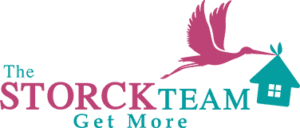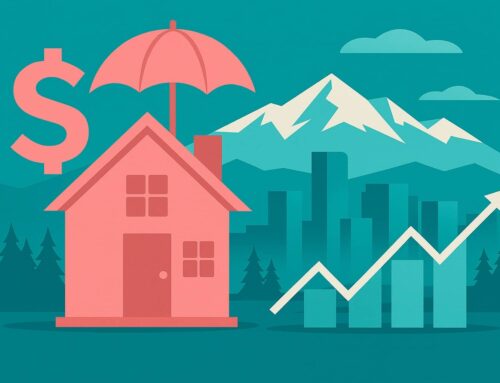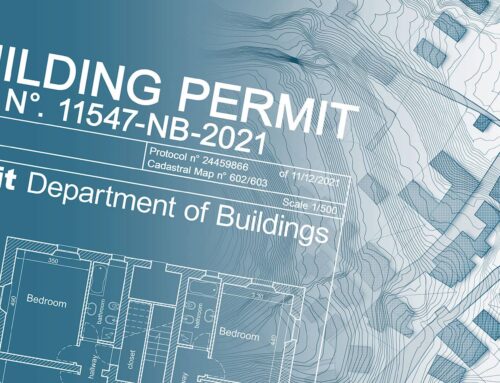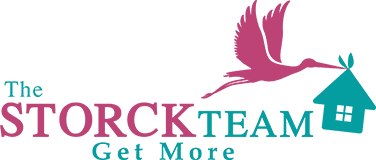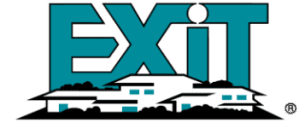What is Mortgage Fraud?
On the surface a mortgage is simply a loan that the borrower pays back to live in their house, but unfortunately, mortgages can be much more complicated than that. The more complicated a mortgage becomes, the more difficult it can be for a layperson to understand exactly what’s happening, what the fine print means, and what type of fees they can expect in the future. Bad things could be happening, and a borrower would never know it.
On the other side of the coin, there are those who don’t want to play by the rules and may misrepresent themselves or financial documents to secure a mortgage. Regardless of whether the bad players are on the borrowing or lending side of a mortgage – it’s mortgage fraud. Let’s learn what mortgage fraud is, the different types of fraud, and how to protect yourself.
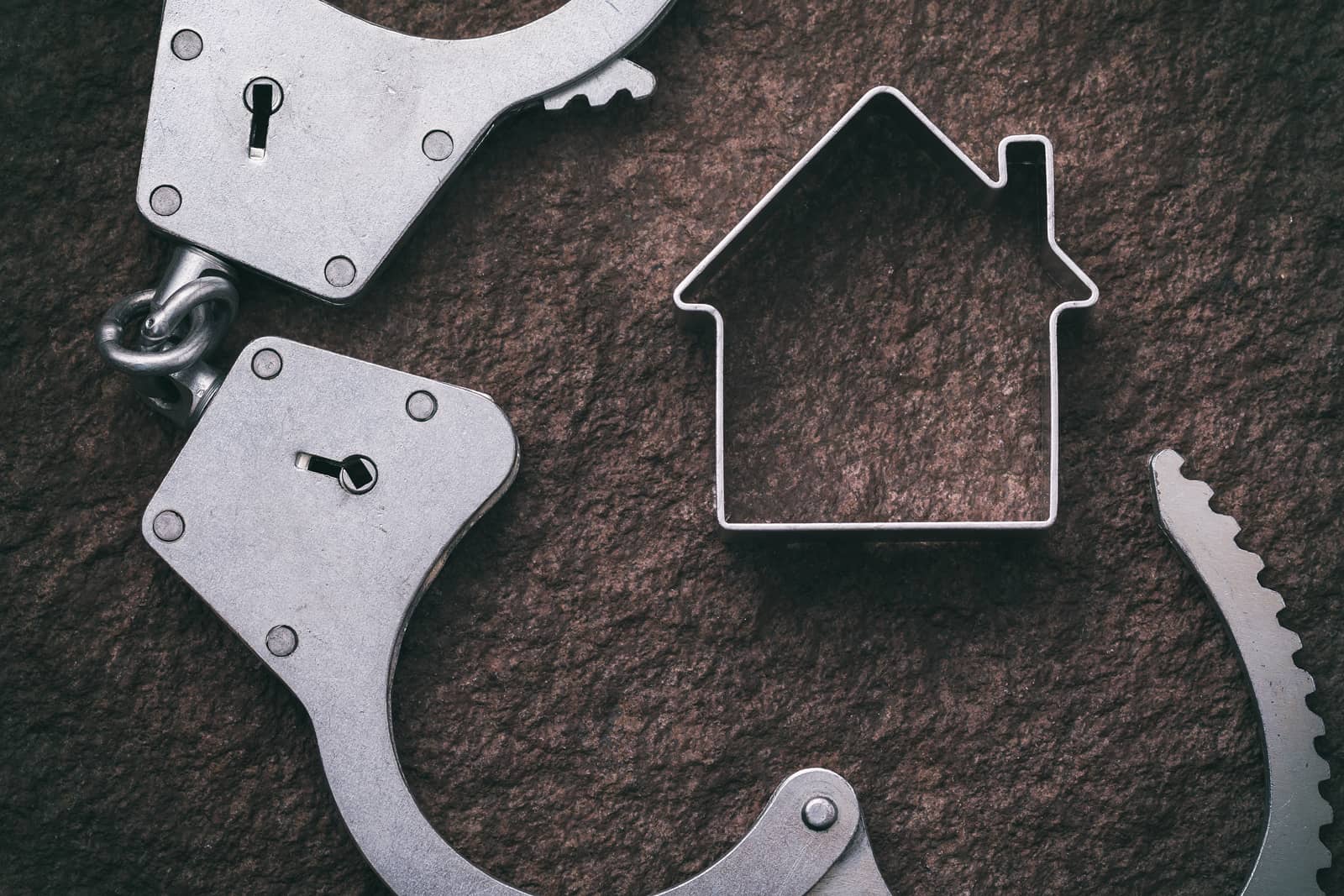
Mortgage Fraud Basics
According to the FBI, mortgage fraud is a subset of financial institution fraud and is defined as “some type of material misstatement, misrepresentation, or omission in relation to a mortgage loan which is then relied upon by a lender.” The FBI separates mortgage fraud into two types, fraud for profit and fraud for housing.
Types of Mortgage Fraud
Fraud for Profit
Fraud for profit tends to come from the lender or financing side of mortgage fraud. In a fraud for-profit scheme, industry experts or those with specialized knowledge use that knowledge to commit or facilitate fraud. Fraud for profit corrupts the mortgage lending process and puts money intended for homeowners or lenders illegally into the pockets of bad players or severely misrepresents numbers or documents. The FBI prioritizes fraud for profit over fraud for housing.
Fraud for Housing
Fraud for housing tends to come from the borrower side of mortgage fraud. In fraud for housing the borrower intentionally misstates or misrepresents documents or questions to secure a loan. For example, a borrower might write their income is $80,000/year when in reality they make $50,000. Bad information can manipulate the borrowing process and could lead to headaches for both borrowers and lenders. The FBI deprioritizes fraud for housing vs fraud for profit.
Forms of Fraud for Profit and Fraud for Housing
How to Avoid Mortgage Fraud
If you’ve made the life-altering decision to make a home purchase – there is a lot of money at stake! Assuming you’re like most homeowners and don’t feel like being schemed out of hundreds or thousands of dollars, you need to know how to prevent fraud.
Thanks to a mountain of federal and state legislation passed over the past several years, mortgage fraud is much more difficult than it once was. Most states now require all loan officers to be licensed by the state and many also require licensing and monitoring for title agencies, real estate brokers, and more. Many of these laws were issued after the predatory practices of the 2008 subprime mortgage crisis.
While there are now many laws to help better protect homeowners, fraud still happens but you can reduce your chances by vetting your lender, real estate agent, and anyone else involved in the buying or sell of your property.
Any mortgage agent or entity associated with a home sale should be licensed by the state, backed by their respective institutions like the Mortgage Bankers Association, or the National Association of Mortgage Brokers, and should be accredited by your local Better Business Bureau. The more sources that tell you a lending entity is legitimate – the better.
Mortgage Fraud in Colorado
In the state of Colorado, mortgage fraud is characterized as any theft involving mortgage loans, titles, and property transactions. The penalties for fraud in Colorado are severe and can be classified as misdemeanors or felonies based on the accused actions and the level of fraudulent activity.
Is Mortgage Fraud a Federal Crime?
Mortgage fraud is normally prosecuted by the state in which the fraud takes place but can be a federal crime under certain circumstances:
- The illegal activity crosses state lines.
- Involves other federal programs like the Federal Housing Administration.
- Involves federally regulated institutions.
The FBI only tends to pursue fraud for profit cases. Fraud for housing is more likely to be prosecuted by the state.
Avoiding Fraud with a Great Real Estate Team
Connecting with a local, reputable real estate team is the number one way how to prevent mortgage fraud from the outset. While there are many shady players in the real estate arena, there are more good guys than bad. Use all the tools at your disposal like licensing, accreditation, online reviews, and more to only hire a great real estate team that does vetting on their end too.
Other ways to prevent mortgage fraud include staying away from deals that seem too good to be true, using third-party verifiers and parties on issues like buying a foreclosed home and purchasing title insurance to protect your claim to the property in case something funky has been going on behind the scenes. You should triple-check all selling documents through a third party before closing on a property to help avoid any of the above issues or schemes.
Now You Know How to Prevent Mortgage Fraud
The most serious or mortgage fraud comes from lenders, agents, and others involved in your mortgage, but potential homeowners can prevent mortgage fraud too.
